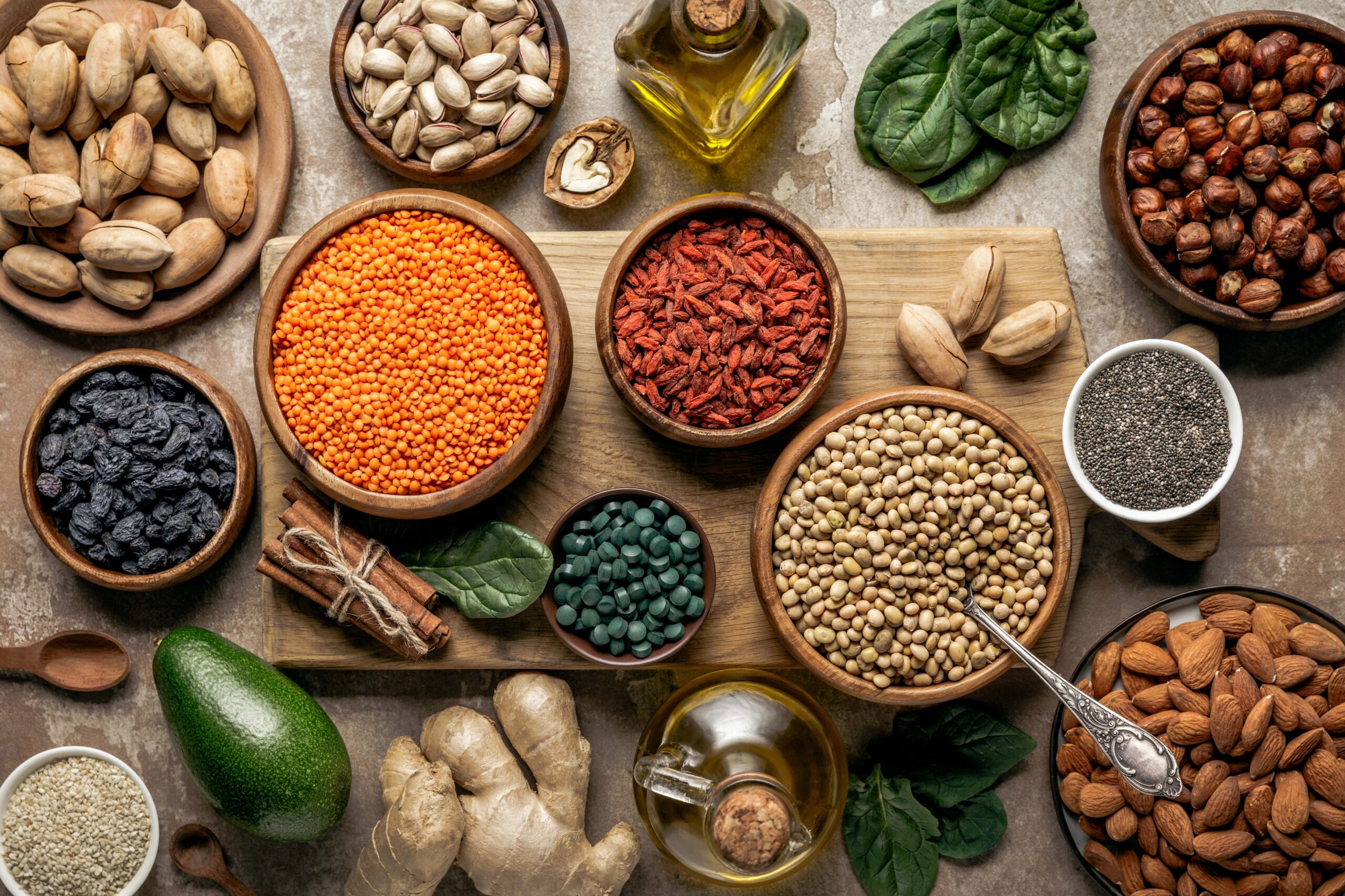You’ve heard it a thousand times: “Eat less, move more.” But when it comes to nutrition, eating less isn’t always better — at least, according to recent research driving the Dietary Guidelines for Americans. Every five years, United States health agencies produce these guidelines, which tap into the latest science to provide dietary recommendations. The 2025 guidelines are set to be released later this year, and they were a hot topic at this year’s American Society for Nutrition (ASN) meeting, also called Nutrition 2025. Read on for some key takeaways, including the value of adding — not subtracting — food to your diet to promote lifelong health.
Adding Food — Not Subtracting It — Can Improve Your Diet
Do Americans really need to add more food to their diets? Experts say yes — as long as it’s the right kind of food.
The Scientific Report of the 2025 Dietary Guidelines Advisory Committee is a formal report meant to provide recommendations for updating the Dietary Guidelines for Americans through 2030. The report found that the “typical U.S. dietary pattern” lacks “many food groups, nutrients, and dietary components” that are essential for optimized health and disease prevention. The evidence in this report, combined with new studies presented at Nutrition 2025, suggests that Americans need to focus on adding nutrients in every bite. Below, we’ve cited a few examples.
Positive Health Outcomes of Legume-Heavy Diets
One Nutrition 2025 presentation focused on a proposed new frontier for protein in the United States: beans, peas, and lentils, meant as heart-healthy substitutes for red and processed meat. During the presentation, researcher Morganne Smith outlined a study that connected legumes and long-term heart and metabolic health. The study suggested that “regularly eating a cup of beans a day may offer measurable benefits for heart and metabolic health,” serving as a “simple, cost-effective way to reduce the risk of chronic diseases.”
The study involved 72 people with pre-diabetes and demonstrated an association between legumes and improved health markers. For example, there was a noted connection between chickpea consumption and improved cholesterol levels. There was also a connection between black beans and reduced inflammation. “Our study found that bean consumption helped significantly lower cholesterol and reduce inflammation in people with pre-diabetes,” said Smith during the presentation. This finding, combined with ongoing concerns around meat consumption and climate change, may drive the recommendations in the U.S. government’s upcoming 2025–2030 dietary guidelines.
Brain Food: Key for an Aging Population
Another study presented at Nutrition 2025 involved an eating pattern known as the MIND diet, which has been proven to reduce the chances of developing Alzheimer’s disease or related forms of dementia. The MIND (Mediterranean-DASH Intervention for Neurodegenerative Delay) diet combines two healthy eating approaches: the Mediterranean diet, which has an emphasis on healthy fats, and the DASH (Dietary Approaches to Stop Hypertension) diet, which incorporates leafy green vegetables and nutrient-packed berries. Per the study, the MIND diet had a “stronger and more consistent risk reduction relationship with dementia than other healthy diets.”
Plant-Based Diets and Heart Health
Heart disease and type 2 diabetes are among the leading causes of death in the United States. One study presented at Nutrition 2025 focused on plant-rich diets as a potential preventative measure for these conditions. The study specifically focused on phytosterols, which are cholesterol-like compounds found in some plants. The study found that higher phytosterol intake led to a “significantly lower risk of both heart disease and type 2 diabetes,” along with better insulin regulation and reduced inflammation.
_____
The diets discussed at Nutrition 2025 aren’t meant to be prescriptive. Rather, they’re meant to encourage Americans to add nutrients to their existing diets, which may be a key theme in this year’s government dietary guidelines. Whether that means enjoying a handful of heart-healthy nuts over lunch or sneaking legumes into a meat sauce, the nutrition community is in favor of adding more nutrients to the average American’s diet.
Did you enjoy this blog post? Check out our other blog posts as well as related topics on our Webinar page.
QPS is a GLP- and GCP-compliant contract research organization (CRO) delivering the highest grade of discovery, preclinical and clinical drug research development services. Since 1995, it has grown from a tiny bioanalysis shop to a full-service CRO with 1,200+ employees in the US, Europe, Asia, India and Australia. Today, QPS offers expanded pharmaceutical contract R&D services with special expertise in pharmacology, DMPK, toxicology, bioanalysis, translational medicine, cell therapy (including PBMCs, leukopaks and cell therapy products), clinical trial units and clinical research services. An award-winning leader focused on bioanalytics and clinical trials, QPS is known for proven quality standards, technical expertise, a flexible approach to research, client satisfaction and turnkey laboratories and facilities. Through continual enhancements in capacities and resources, QPS stands tall in its commitment to delivering superior quality, skilled performance and trusted service to its valued customers. For more information, visit www.qps.com or email info@qps.com.





